Genetic Genealogy - DNA artifact testing
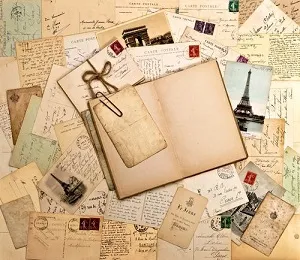
image source
It wasn't too long ago that normal DNA testing, new to the scene, was horribly expensive to undertake, and they've certainly made leaps & bounds in that department, with the price of a testing kit now well within the budget of most people.
Not to mention the constant improvement to the algorithms each company uses to give us details about our ancestry.
These are exciting times indeed.
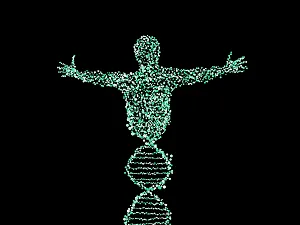
image source
Those collections of old letters, postcards, locks of hair, and baby teeth now hold an exciting new significance.
At the moment it appears that only saliva (found on envelope flaps, stamps, etc) retrieval is attempted, but keep those other possibilities available for future technological developments.
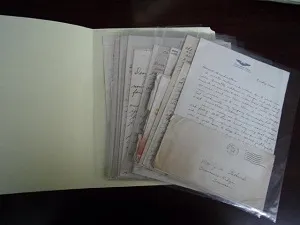
image source
The less handling they have, the better chance of avoiding contamination or degradation of the artifacts.
There are no guarantees that the DNA extraction process will actually find any or enough DNA from the artifact to give you the results you need, and it appears that the artifacts could be destroyed during the process - so you have to carefully weigh up your options and whether the gamble is likely worthwhile.
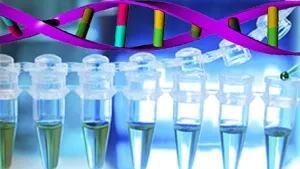
image source
But even in current DNA testing there have been legal issues to sort out as this exciting field gains mainstream traction.
Bumps in the road are par for the course, so don't let these issues put you off from at least preserving the artifacts well (and there is plenty of information on the net about how to do this).
Extracting DNA from family keepsakes holds tremendous possibilities. The initial cost might seem expensive, and the artifact might be destroyed, but for many adoptees and family historians, the results could be priceless.
source
https://www.legalgenealogist.com/2018/11/04/artifact-testing-on-its-way
https://www.livingdna.com/blog/306-living-dna-provide-closure-lifetime-search-biological-father
https://www.totheletterdna.com/who
https://thefamilycurator.com/how-to-preserve-and-test-old-letters-for-grandmas-dna/
If you'd like to read up on family tree diy lessons, here are the links to posts I've created to help you kickstart things:
Lesson 1 - starting out
Lesson 2 - records
Lesson 3 - documents
Lesson 4 - alternatives
Lesson 5 - saving research
Lesson 6 - names
I'd love to hear about your own family tree research. :)
If you are interested in your own family history and want some help, I work for Steem & SBD, as well as fiat. Check out my biz post here.
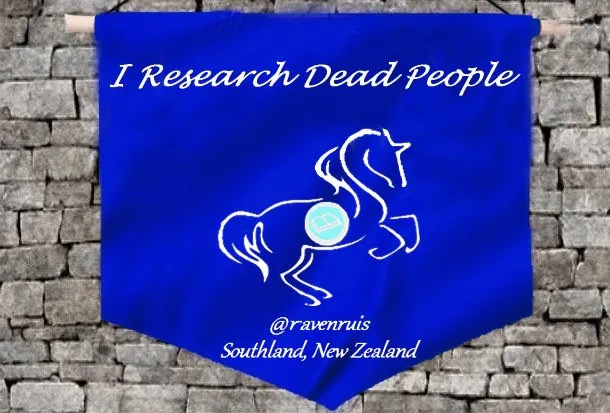


(extra tags: #blog #teamnz #nobidbot #minnowsupport #familyhistory #dna)
